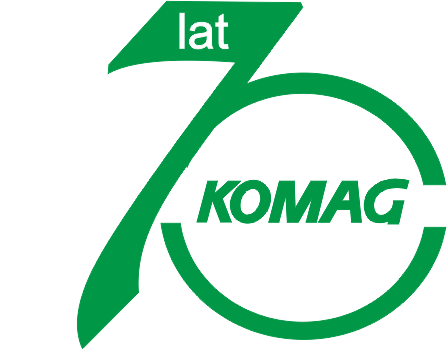Helmann J., Pietrasik E.
Monografia nr 8
Gliwice 2005 s. 1‑135, il., bibliogr.
ISBN 83-920972-6-2
BRAK W SPRZEDAŻY
W pracy przedstawiono oryginalne podejście i metodykę opracowania surogatów paliwowych spełniających kryteria paliwa ekologicznego.
Omawiane są zagrożenia ekologiczne wynikające ze stosowania gorszych, jednorodnych gatunków paliw. Następnie przedstawiono możliwości formowania paliw kompozytowych z udziałem zasobów lokalnych, przy czym zwrócono uwagę na metodyczny dobór komponentów z uwzględnieniem ich kinetyki spalania, wielkości emisji oraz walorów użytkowych. Przedstawiono także metodę wytwarzania formowanego paliwa, która może być zastosowana w wytwórni dowolnej wielkości, co jest istotne z punktu widzenia ich dyslokacji w różnych rejonach kraju. Omówiono metody badań wytrzymałości paliw formowanych, sposoby ich suszenia i obliczenia suszarki. Przedstawiono walory zaproponowanego paliwa, obszar jego aplikacji oraz metodę poszerzenia receptur o materiały bioodtwarzalne i komponenty odpadowe, szczególnie w odniesieniu do zorganizowanych spalarni odpadów komunalnych i przemysłowych. Monografia stanowi interdyscyplinarną ‑ komplementarną tematykę tworzącą zapis inżynierii produktu, umożliwiający projektowanie produkcji i aplikacji ekologicznego surogatu paliwowego. Autorzy wyrażają nadzieję, że książka ta będzie stanowić inspirujący wkład w dzieło naprawy naturalnego środowiska. Ze streszczenia autorskiego.
Ecological briquetted fuels. Selected aspects of the product engineering
The monograph entitled ‘Ecological briquetted fuels. Selected aspects of the product engineering’ by Jan Hehlmann and Ewa Pietrasik includes the product engineering problems of ecological briquetted fuel. It is addressed especially to the main municipal sector responsible for a very harmful, so-called low emission.The publication presents the original approach and test procedure of fuel surrogates, which meet the ecological fuel criteria. Attention is paid to the fact that the briquetted fuel recipe can not be prepared randomly. On the other hand, the publication presents some parts of the complex analysis, leading to the proper composition, consistency and form of surrogate, which meets ecological, energetic and economic demands.The monograph consists of eight chapters completed with ample literature. Ecological hazards, being the result of use of worse, homogenous fuels, are discussed in the introduction. Some possibilities of the formation of composite fuels by use of local resources are presented. The attention is paid to the methodical selection of and takes into account their combustion kinetics, emission value and quality. Also the manufacturing procedure of briquetted fuel, which can be used in the factory of any sizes, is presented. This issue is important concerning a dislocation of factories in different areas of Poland.In the next chapters the methods for testing a briquetted fuel resistance, methods for dry out of fuels and calculations of a drier are presented. Processes and equipment are presented in a detailed way only in the area of original design solutions, while problems referring to the present engineering knowledge are mentioned with a reference to professional literature.At the end of monograph a quality of proposed fuel, its application range as well as the method for the recipe extension by bio-reproductive materials and waste components, especially as regards the municipal and industrial waste incinerators, are presented.The interdisciplinary, complementary subject-matter, monograph creates a product engineering base, enabling one to design the production and application of ecological fuel surrogate.The authors believe that the publication will be an inspiring part of the remediation process of natural environment.


